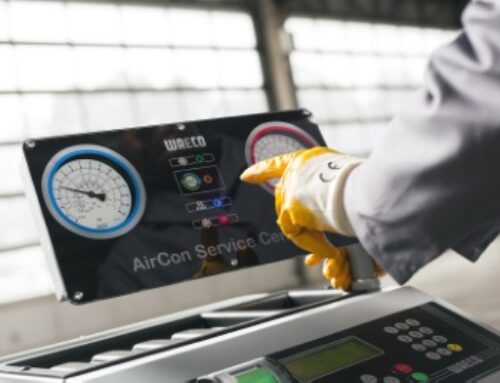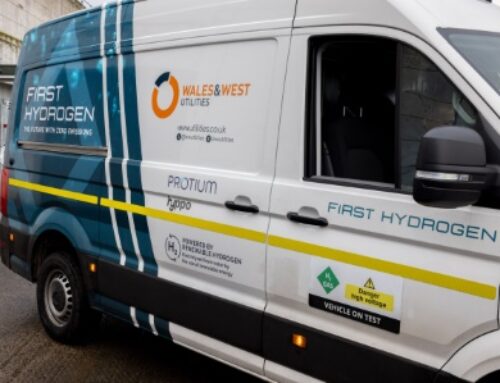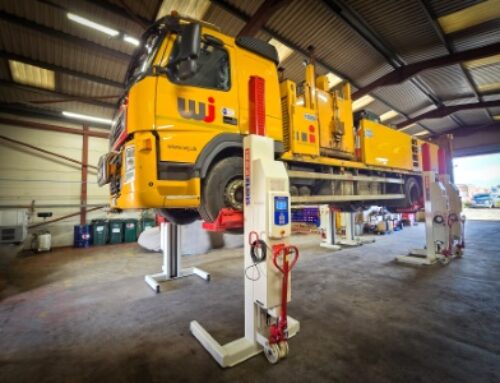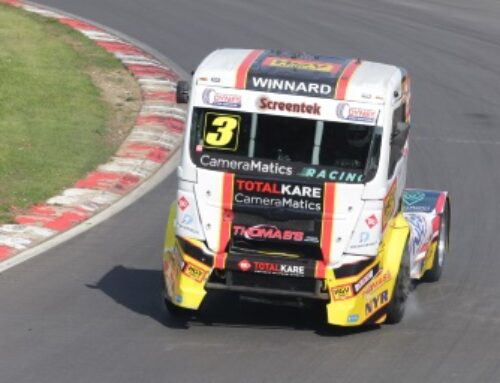Rhinowash offers pressure washing advice
 Pressure washing specialist Rhinowash has issued guidance for fleet operators on factors to consider when selecting equipment.
Pressure washing specialist Rhinowash has issued guidance for fleet operators on factors to consider when selecting equipment.
“A lot has changed over the last few months with cleaning never being so important,” said the company.
“If you run a fleet, you are no stranger to using a pressure washer for cleaning however, the frequency and consistency of cleaning that you now need to endure is far from the norm.”
This means reliability will be a key factor when choosing pressure washing equipment, the firm says.
“If you are using a machine that’s not fit for purpose and keeps breaking down, then it prevents you from cleaning your fleet and minimising infection control. Pressure washers are great whilst they’re going but when they breakdown they cause no ends of headaches which directly impact business operations.”
The company also outlined a range of other practical considerations to take into account.
“Mobile pressure washers often seem like an ideal solution, but their requirements for set-up and tidying away [to protect] from frost and theft, along with their need for interfacing with operators, presents its own challenges,” advised Rhinowash.
The firm also highlighted the risk of trips and live electrics from trailing cables or hoses.
“Why take any unnecessary chances when you can put the right preventative measures in place, such as having the pressure washer in the right area for ease of washing and a suitable hose management system to stow away hoses when not in use,” it continued.
 Soap and water was also a key factor to consider.
Soap and water was also a key factor to consider.
“Pre-Covid-19 and depending on your wash requirements, there wasn’t always a need to use soap and water,” said the firm.
“Now as a base minimum, soap and water should be used… Another option would be to add disinfectant which allows you to both clean and decontaminate vehicles, equipment or goods being utilised or transported in fighting the spread of the Covid-19 virus.”
Cost was another important consideration.
“Times are hard and businesses need to scrutinise every penny being spent. Equipment not fit for purpose, wrong location or set-up may not sound like issues that can cost you money but in reality, these can become serious drains in your cashflow.
“Then there are the intangible costs that are not always easy to quantify. How much time and money does it costs when the equipment is inoperable from a breakdown? What costs are incurred when a business’s operations are impacted by a breakdown?”
Uncertainty over timeframes of both equipment breakdown response and return to working operation in the event of a reported breakdown was a common problem, Rhinowash added.
“Having a back-up service that you can rely on and won’t let you down is critical to your operations.”











